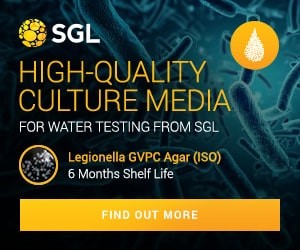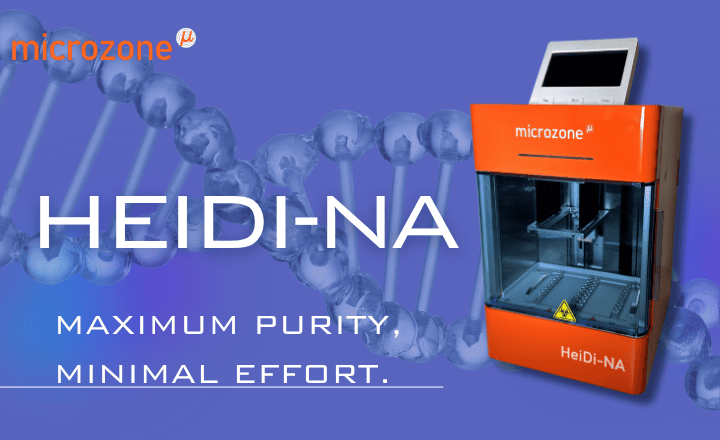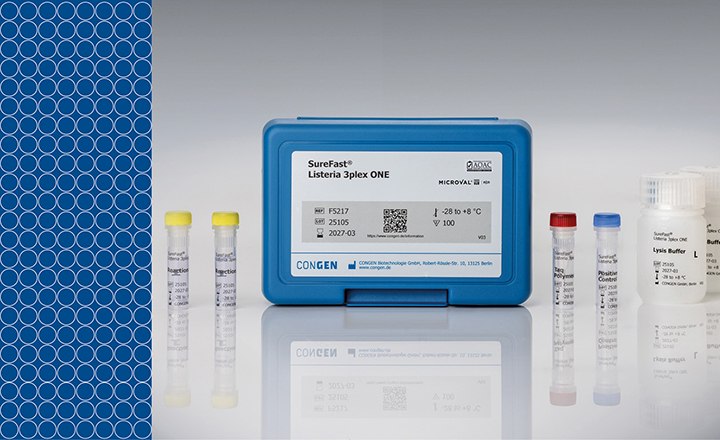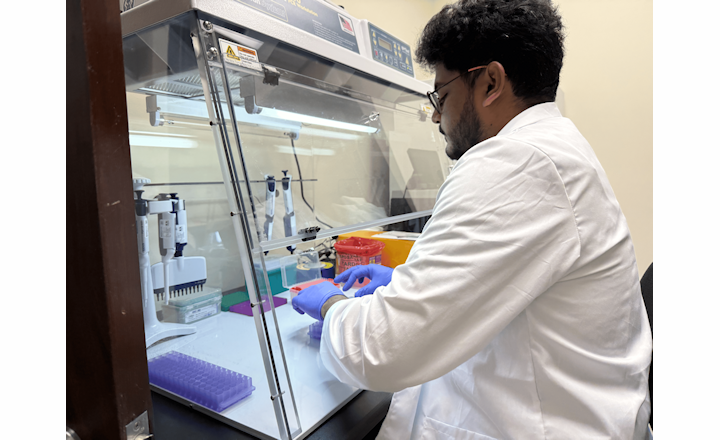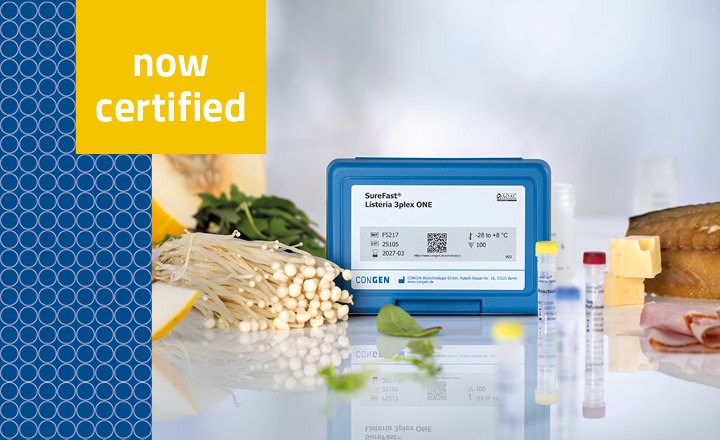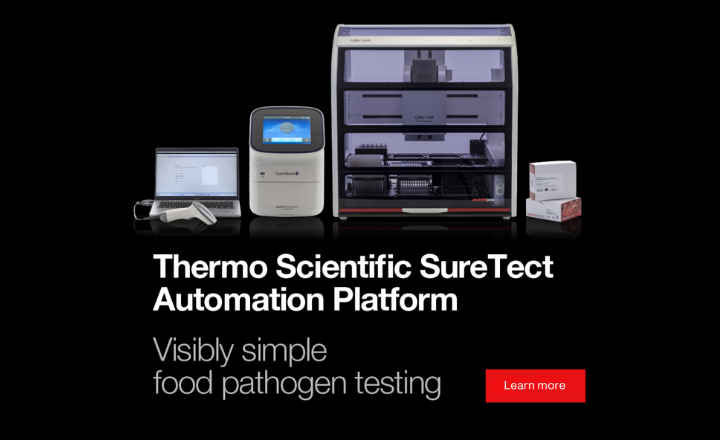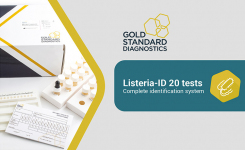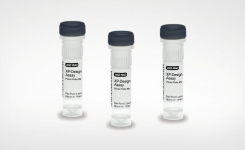Thermo Fisher Scientific, Inc., have entered into a new collaboration with the USDA-ARS and Pennsylvania State University to develop rapid methods to detect E. coli in food. The collaboration was undertaken with the aim of providing genetic testing tools to the food industry for purposes of E. coli detection in meat products.
“Molecular technologies for rapid detection, typing, identification, and characterization of pathogens represent a paradigm shift for the food industry,” said Pina M. Fratamico, Ph.D., a research leader with the USDA-ARS. “The current collaboration will lead us to a much higher resolution understanding of E. coli genetics, as well as highly specific and sensitive methods for detecting pathogenic strains, resulting ultimately in a safer food supply.”
Traditionally, the industry has used serological tests, based on detection of surface markers, to type bacterial strains. Analysis of genetic material by DNA technology presents a more comprehensive data set, which allows for the ability to more accurately distinguish closely related strains from one another.
“Consumption of pathogenic E. coli can lead to kidney failure and may be fatal,” said Chobi DebRoy, Ph.D., director of the E. coli Reference Center at Penn State. “Genetic assays that can accurately, rapidly and cost effectively detect pathogenic strains will prevent disease and reduce the economic burden associated with food-borne disease outbreaks.”
The collaboration will take advantage of the extensive collections of E. coli strains housed at USDA-ARS and Penn State, which will be made available to Thermo Fisher scientists for genetic analysis and subsequent development of rapid DNA-based kits for commercial distribution to food testing laboratories. DNA from approximately 200 strains will be sequenced using Thermo Fisher’s Life Technologies Ion Personal Genome Machine (PGM). Commercial tests will be developed on multiple Life Technologies brand platforms, employing either next generation sequencing (NGS) or PCR-based technology.
“Thermo Fisher is uniquely positioned to connect discovery – the characterization of pathogens by DNA sequencing - with commercial test production,” said Ravindra Ramadhar, food safety business director at Thermo Fisher Scientific. “Fast next gen sequencing followed by rapid test development allowed us to play a pivotal role in saving lives during the 2011 E. coli outbreak.”
In July of 2011, Life Technologies’ scientists partnered with University of Munster researchers to sequence the E. coli strain responsible for that summer’s outbreak in Germany, which was followed within ten days by shipment of PCR-based kits to European food safety laboratories.
As a first milestone in the collaboration, USDA scientists will submit the DNA sequence information for roughly 58 E. coli strains in GenBank, the public repository of genetic data maintained by the National Institute of Health’s National Center for Biotechnology Information. These 58 strains represent part of a complete data set of approximately 200 total E. coli O-type sequences the USDA-ARS will eventually submit. The complete set will contain the six non-0157 strains for which the USDA proposed testing in its 2011 report Shiga Toxin-Producing Escherichia coli in Certain Raw Beef Products.





